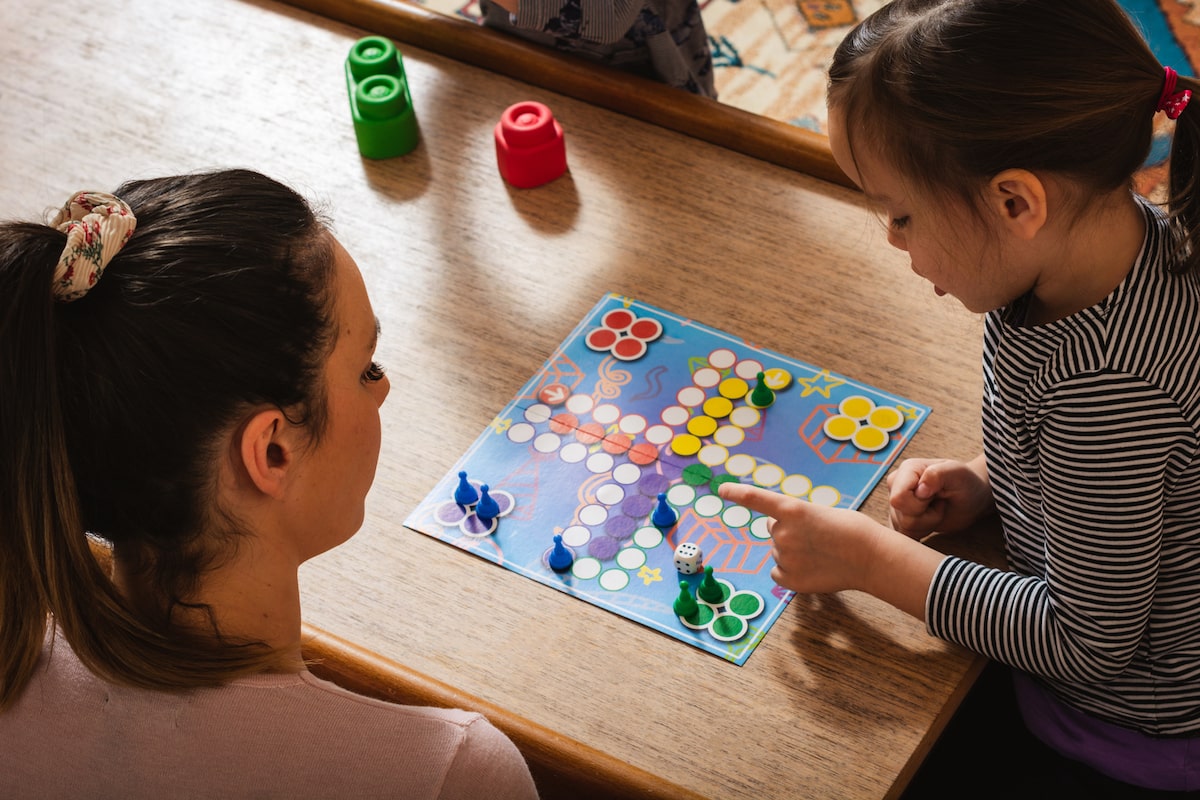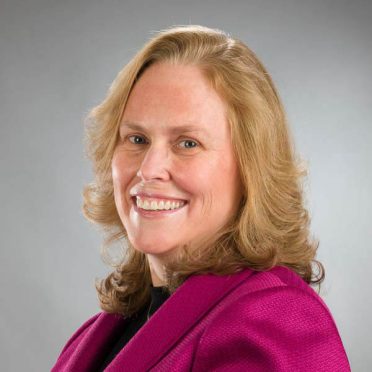In a time when nothing feels “normal” and families struggle to coexist under one roof for infinite lengths of time, a Hartford HealthCare Behavioral Health Network (BHN) child psychologist suggested we strive for a routine and be gentle with each other.
Dr. Laura Saunders, who heads the LGBTQ track at the BHN’s Institute of Living, said that while laughter is always the best medicine, parents should expect a certain level of anxiety and prepared to be creative and flexible to ward it off.
“It’s important to identify the anxiety that’s part of the new routine for us,” she said. “Identify how it’s affecting us and determine how to minimize its effect.”
This is especially important for children and teens. One of the best ways to quell anxiety, she explained, is to institute structure around daily activities.
“We as human beings actually thrive on structure and routine so we are all off our game,” she said. “As much as you can, bring that back. Kids should be in school right now, so try to provide a little bit of routine – from 9 to 10, we’re going to read, from 10 to 11, we’re going to do math.”
Yet, avoid being too strict about routine, which is where adolescents come in.
“It’s a little harder to get adolescents to stick to their routine – they think it’s OK to stay up and sleep late,” Dr. Saunders said. “Having online schooling is best for them. I’ve actually been impressive with how teens have been handling it. They’re creative in connecting with their friends.”
Solutions like video-chatting is essential to maintaining a sense of normalcy. It’s also OK to give each other space, especially if conflicts arise, she continued.
“We need to find comfort, find things that soothe us, things that bring us together,” Dr. Saunders said. “There are no Hallmark families out there. There are just as many families who need to have one child in a bedroom, another in basement. Space from each other is also OK at this time. We’re not used to being together all day.”
Finally, while children have questions about coronavirus and its effect on their world, she urged parents to have age-appropriate discussions to avoid fanning anxiety.
“I use simple, concrete wording,” Dr. Saunders said. “Kids understand germs. Hand-washing is not a new concept. Explain that there’s a new virus that our bodies are not used to and that they need to be careful, stay away from grandparents or friends and wash our hands more.
“Tell them we hopefully only need to do this for a limited time. You can’t say it’s for two to three weeks more because that’s just overwhelming. Keep to small, concrete periods of time.”
She added that parents need to discuss personal issues like household finances in adults-only conversations because the children don’t need to stress about them.
“I don’t think it’s healthy for kids to hear all the things the parents are worried about,” she said. “We have some difficult economic times in front of us. Try to keep adult time as adult time or find friends to talk because kids don’t need to take on those worries.”
For more information about behavioral healthcare for children or adolescents, click here.
Not feeling well? Call your healthcare provider for guidance and try to avoid going directly to an emergency department or urgent care center, as this could increase the chances of the disease spreading.
Click here to schedule a virtual visit with a Hartford HealthCare-GoHealth Urgent care doctor.
Stay with Hartford HealthCare for everything you need to know about the coronavirus threat. Click here for information updated daily.
Questions? Call our 24-hour hotline (860.972.8100 or, toll-free, 833.621.0600).
Get text alerts by texting 31996 with COVID19 in the message field.


